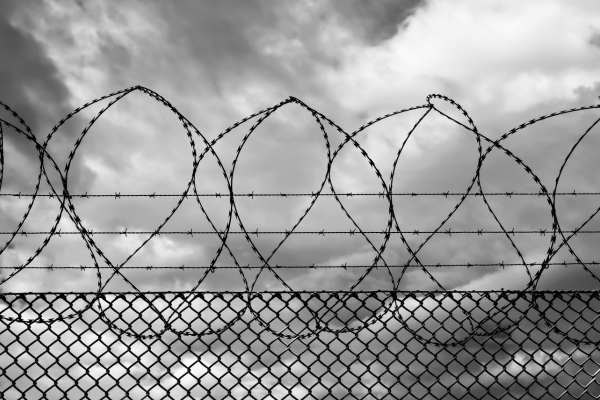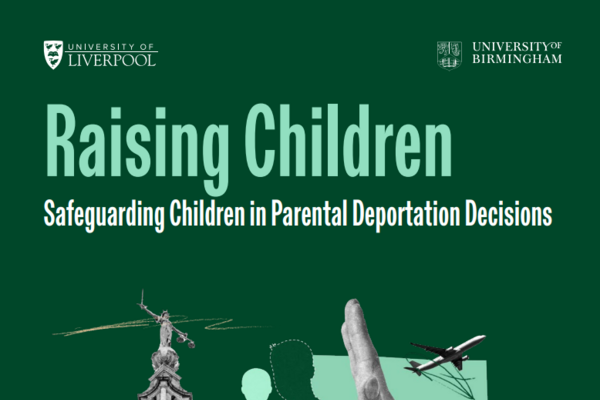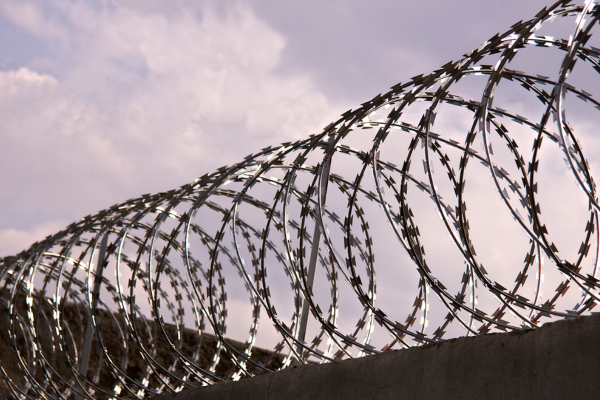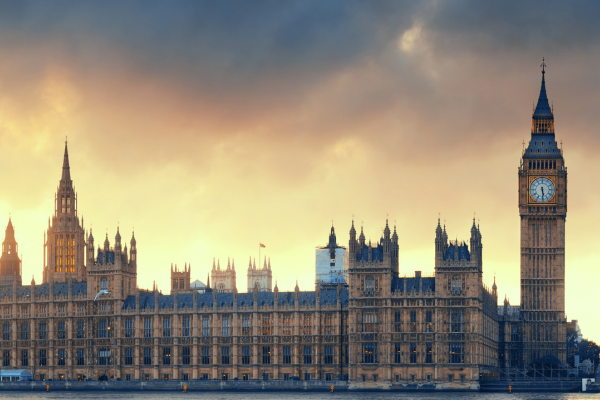“… one of the detention centre staff sat on my head and strangled me … I thought that I was going to die, that the man doing this to me was going to kill me.”
The Brook House Inquiry, the first public inquiry into abuse and mistreatment of people held in detention, published their Report on the 19th of September, 2023. The Inquiry investigated events which took place between the 1st April 2017 & the 31st of August 2017 & found credible evidence of 19 incidents that amounted to torture, inhumane or degrading treatment or punishment in contravention of Article 3 of the European Convention of Human Rights.
The Inquiry was set up in November 2019 by the then Home Secretary Priti Patel, after the shocking abuse of power by staff at Brook House was brought to light, by the BBC Panorama programme broadcast in September 2017. At the time of filming the contract to run the centre was held by G4S the same company who in 2010 were subject to an investigation following the death of Jimmy Mubenga, who died whilst being restrained on a deportation flight. The Inquiry found that the same unauthorised & dangerous ‘control and restraint’ techniques were still being used by G4S staff on people in Brook House, including those in mental health crisis who were self-harming.
The Inquiry exposed a ‘toxic environment’, which included routine physical and verbal abuse, racism, homophobia, the use of derogatory language, and humiliation including of mentally vulnerable people who were self-harming and suicidal. People were subject to unnecessary force and some forcibly removed from cells whilst naked or near-naked. The Inquiry saw footage of staff verbally abusing people including several staff repeatedly using the ‘mocking phrase’ “if he dies, he dies”.
The report cited evidence of unnecessary, inappropriate and excessive use of force, including on people who were responsive and calm. Staff were found to talk about the people in their care in an abusive & dehumanising manner as well as to openly talk about past acts of violence and future intentions to use violence creating an intimidating & threatening atmosphere.
In addition, the psychoactive drug ‘spice’ was readily available with the Inquiry hearing evidence that it was being smuggled in by staff.
The centre was also found to be dirty, poorly ventilated and overcrowded. One person, spent 987 days in immigration detention and 563 in Brook House. He stated that:
“The abuse that I experienced at Brook House was so frequent and so woven into the culture of the centre, it became completely normal.”
The Inquiry rejected the Home Office and G4S explanations that incidents and bad behaviour were from a small minority of ‘bad apples’ finding it was systemic & cultural.
The Inquiry made 33 recommendations on immigration detention to prevent a recurrence. However, the Inquiry chair, Kate Eves, noted in her launch statement that the ‘failure to act on previous recommendations is a dark thread that runs throughout this report.’. She went on to say that lessons must be learnt and ‘more than mere lip service paid’ to recommendations especially in light of the fact that the government intends to expand the use of immigration detention following the passing of the Illegal Migration Act.
What happened in those five months at Brook House is not an anomaly or an exception in the immigration detention system. David Neal, the Independent Chief Inspector of Borders and Immigration, writing in the Guardian, following the publications of the report said "[O]ver the last two years … I have issued my own reports, with findings similar to those published in the Brook House Inquiry – and found that little has changed as a result. … The Home Office's responses to my reports have been characterised by defensiveness and excuses rather than a commitment to improvement and positive change." This is borne out by a report that BID published “Nothing Good Comes from Detention: Voices from Detention,” which reveals that abuse and ill-treatment are endemic.
This year, Frank Ospina committed suicide whilst detained and it has since been revealed that the Home Office failed to identify vulnerable people, has not implemented recommendations raised four years ago on preventing deaths in detention and did not turn up to key safety meetings. This says it all & the systematic failure and injustice are still ongoing, and it will only stop when detention is abolished.









